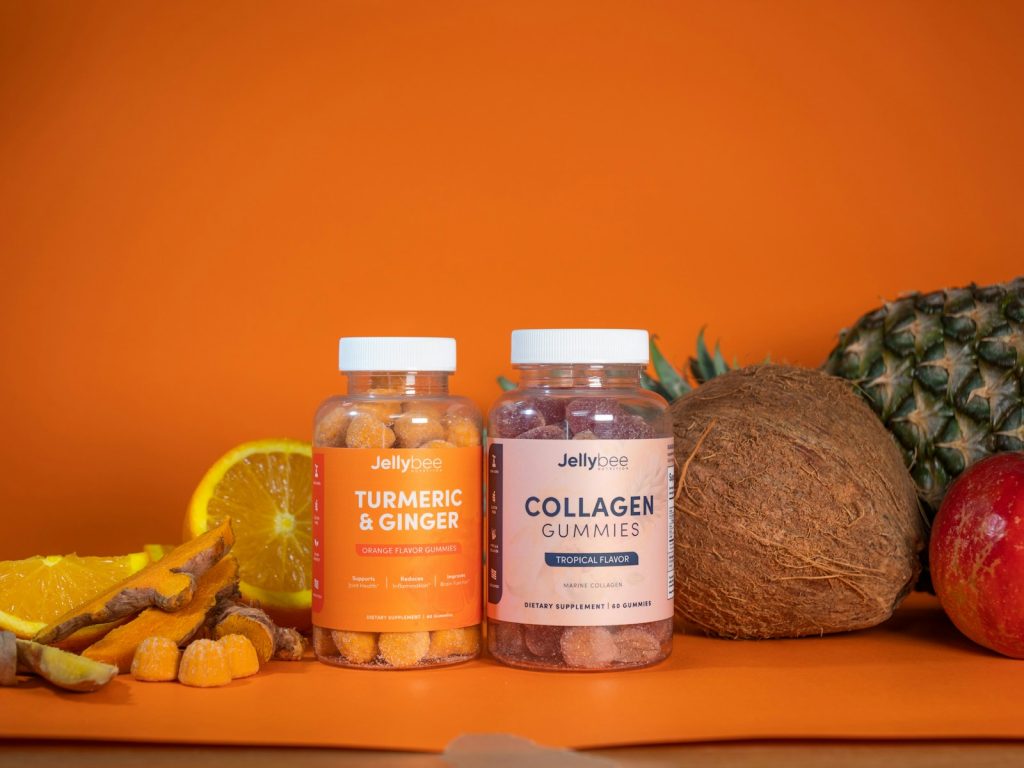Collagen, the most abundant protein in our body, plays a crucial role in maintaining health and a youthful appearance. As we age, natural collagen production declines, potentially leading to various health issues and signs of aging.
Here’s why you need more collagen in your life and how you can incorporate it.
Why you need more collagen
1. Improves skin health
Collagen is essential for skin elasticity and hydration. Adequate collagen levels can reduce the appearance of wrinkles and fine lines, leaving your skin looking youthful and radiant.
2. Strengthens joints
Collagen is a key component of cartilage, which cushions your joints. Supplementing with collagen can reduce joint pain and improve mobility, especially in conditions like arthritis.
3. Promotes bone health
In addition to calcium, your bones need collagen to stay strong and healthy. Collagen consumption can help prevent osteoporosis and maintain bone density.
4. Supports muscle growth
Collagen contains important amino acids needed to build and maintain muscle mass. It’s particularly beneficial when combined with resistance training.
5. Enhances digestive health
Collagen can help strengthen the intestinal lining, improving digestion and alleviating symptoms associated with irritable bowel syndrome and other digestive issues.
6. Boosts hair and nail health
Adequate collagen intake can lead to stronger, shinier hair and healthier, more resilient nails.
7. Supports cardiovascular health
Collagen helps maintain the structure and function of blood vessels, promoting healthy circulation and reducing the risk of cardiovascular diseases.
How to get collagen
Natural food sources:
- Bone broth and meat: Bone broths, chicken with skin, and fish are excellent sources of collagen.
- Eggs: Particularly the inner membrane of eggshells, which is rich in collagen.
- Seafood: Fish and shellfish contain collagen in their skin and bones.
- Citrus fruits and berries: While they don’t directly contain collagen, they are rich in vitamin C, which is essential for collagen production.
- Leafy green vegetables: Packed with antioxidants that protect existing collagen.
Supplements:
- Collagen powder: Easily added to drinks, smoothies, or meals.
- Collagen capsules: A convenient option for those who prefer traditional supplements.
- Collagen drinks: Ready-to-drink beverages enriched with collagen.
- Marinecollagen: Derived from fish, it is considered highly bioavailable.
- Bovine collagen: Sourced from cattle and one of the most common types of collagen supplements.
Key takeaways
Integrating collagen into your diet can bring significant health and aesthetic benefits. Whether you choose to obtain it from natural food sources or through supplements, be sure to consult a healthcare professional before making major changes to your diet or supplementation routine.

Remember, a balanced diet rich in nutrients, combined with a healthy lifestyle, is key to maximizing the benefits of collagen and maintaining long-term health and vitality.

